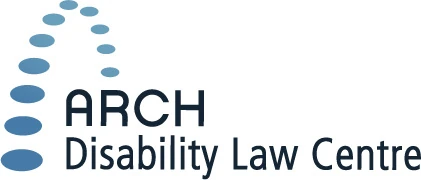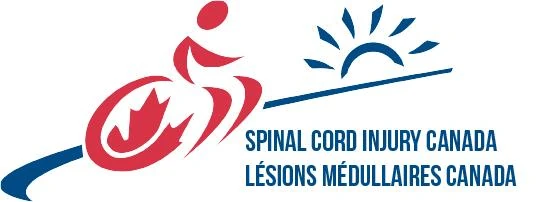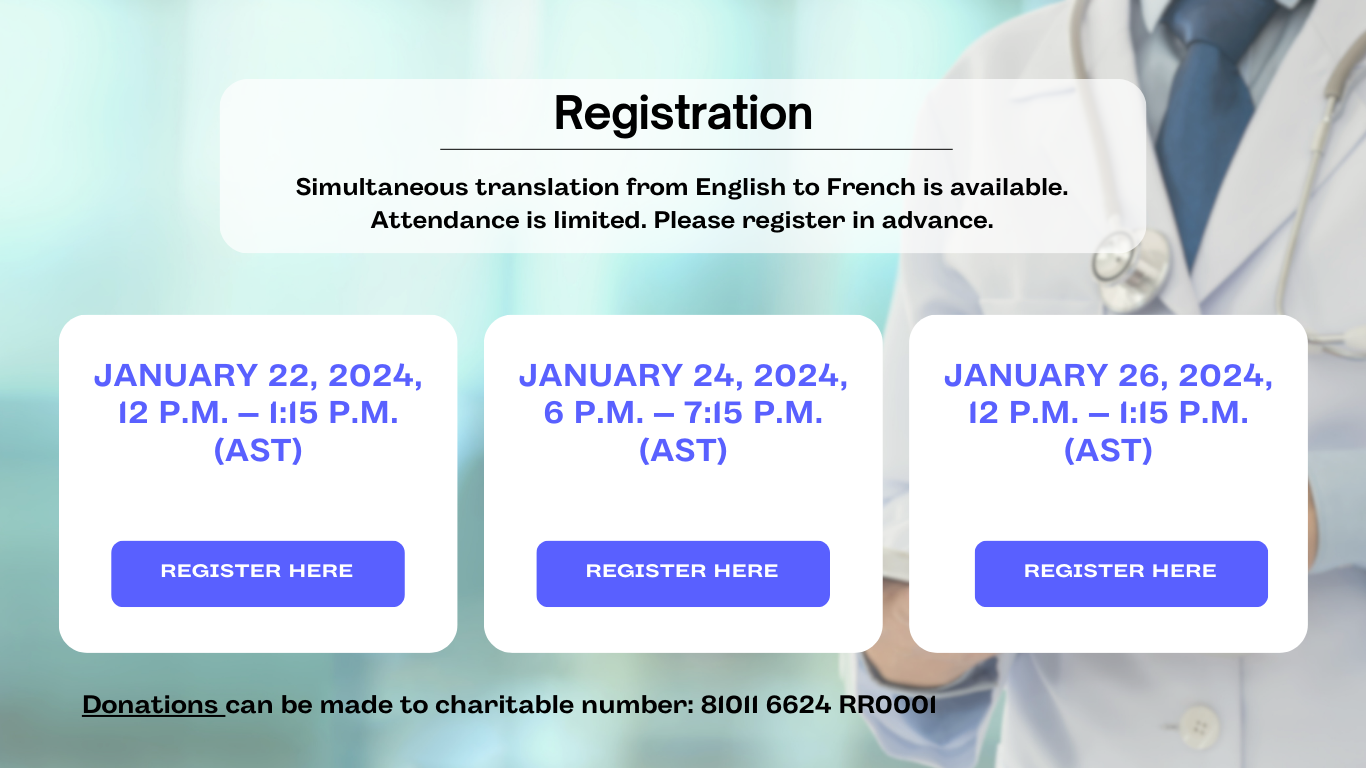Medical
Medical



Medical Aspects of Multiple Chemical Sensitivity (MCS):
A disability with growing prevalence
January 22, 24, and 26, 2024
Watch the event recordings using the buttons below:
Resources for healthcare providers and patients:
Please contact us for more information
Description of Event:
The increasing prevalence of many chronic diseases, their exacerbations and comorbidity are adding to the burden on health care. The World Health Organization has now declared air pollution as a top five risk factor for cardiovascular, respiratory, and neurodegenerative disorders, along with tobacco use, unhealthy diets, physical inactivity, and harmful use of alcohol. However, education in environmental health is lacking in under- and postgraduate training, and professional development. This presentation will review the significance of taking an environmental exposure history, the health impacts of pollution, and recently published evidence for the pathophysiological mechanisms responsible for chemical sensitization in susceptible individuals. This includes those with autistic spectrum disorder, asthma, and migraines, as well as an emergent and increasingly prevalent condition, commonly known as multiple chemical sensitivity (MCS).
Largely affecting women, MCS is a complex chronic and disabling condition, which involves multi-system symptoms triggered by both scented and unscented chemical products used in everyday life, including fragrances, cleaning products, cigarettes, pesticides, petrochemicals, laundry detergents, personal care products and building materials. MCS is closely linked to environmental health inequity. Ubiquitous exposures create barriers to access and inclusion, including health care, workplaces, and barrier-free, safe housing. Over 1.1 million Canadians have MCS, and now is the time for the medical community to become more informed, to advocate for their patients, and to spread awareness throughout the medical community.
Hosted by the Environmental Health Association of Canada and the Environmental Health Association of Québec, this event provides introductory, evidence-based education for medical professionals informed by a patient-centered and patient-led care approach to encourage medical best practices for MCS and other environmentally linked conditions.
Topics Addressed at the Event:
Updated Science and MCS
Introducing Environmental Health Concepts into Clinical Practice & The Evidence Base for Multiple Chemical Sensitivity
Dr. John Molot
Noncommunicable chronic diseases (NCDs) are the most significant burden on the Canadian healthcare system. Common cardiovascular, respiratory, metabolic, neurodegenerative and neurodevelopmental disorders are usually multimorbid, implying shared risk factors and pathophysiological mechanisms. One important common modifiable risk factor for most NCDs along with smoking, unhealthy diets, physical inactivity, and harmful use of alcohol is ubiquitous environmental air pollution. But Canadians spend 90% of their time indoors, where the chemical exposures are worse, with subclinical effects. These include stimulation of chemosensitive receptors, which can lead to sensitization in susceptible individuals, including those with migraine, asthma, autistic spectrum disorder, and multiple chemical sensitivity (MCS). The multiple lines of evidence that explain pathophysiological mechanisms of MCS and which overlap with comorbid conditions will be presented. The purpose is to increase understanding of this complex disabling condition and to empower medical practitioners to help support, manage, and advocate for their patients. The relevance and application of the environmental exposure history to reduce the risk for developing and exacerbating NCDs, including MCS, will be reviewed briefly. Air pollution is a modifiable risk factor and suggestions for improving air pollution exposures in the indoor environment will be provided.
MCS Diagnostic Criteria and Management
Dr. Farah Tabassum (Women’s College Hospital Environmental Health Clinic)
An approach to diagnosing MCS, including some tools, will be reviewed as well as general principles of management. Patients need their doctors to be knowledgeable about their health conditions and they appreciate those who are willing to learn about MCS and stay updated on the latest research and management options.
Disability-Related Accommodations: What doctors need to know
Robert Lattanzio (ARCH Disability Law Centre)
Robert will speak about how disability is understood in law and within human rights law in particular. He will also offer some consideration on how to support patients with disabilities with their accommodation requests to their employers, education service providers or other contexts. Robert will also offer some reflections on the duty to accommodate that healthcare providers have toward their patients with disabilities.
Click here to view the Bio of the speakers
Who is this event for?
Given the increasing prevalence of MCS and the barriers people with MCS experience accessing healthcare, this event is for all medical and allied health professionals to assist in removing barriers, providing appropriate support, and improving care.
Empowering Community and Removal of Barriers (ECRoB) Project
Partners

|
ARCH Disability Law Centre |

|
NB Lung |

|
Canadian Network for Human Health and the Environment (CNHHE) |

|
Council of Canadians with Disabilities (CCD) |

|
Spinal Cord Injury Canada |
| |
La Confédération des organismes de personnes handicapées du Québec (COPHAN) |

|
Indigenous Disability Canada /British Columbia Aboriginal Network on Disability Society (BCANDS) |
| Caroline Barakat | Faculty of Health Sciences (ontariotechu.ca) | Caroline Barkat, PhD |
| About | John Molot | John Molot, MD |
| Dr. Riina Bray, MD – EnviroMed Clinic | Rina Bray, MD |




